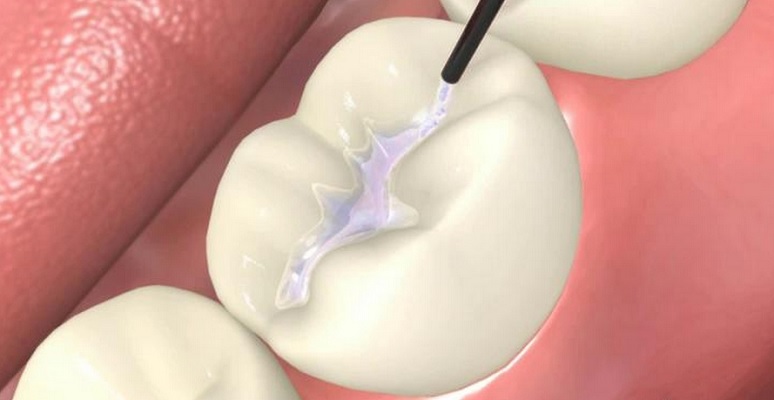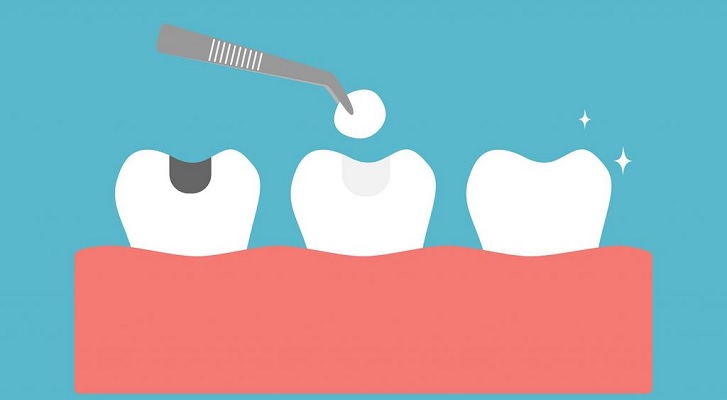The fact that cavities appear on our teeth is normal for the vast majority of people. In general, with plaster it would be solved and ready to continue with our oral health, but the concern comes to mind when one of the smallest of the house appears a caries in one of his milk teeth. The best dentist in Delhi will explain everything you need to know.
What are cavities?
A caries is the product of an infection caused by bacteria that stick to the surface layer of the tooth, generating acids that, over time, weaken the child's tooth. It can also be caused by the continuous contact of sugar in the child's mouth. It is important to be very careful with the teeth of children or babies, remember that with them you eat, talk and smile, says dentist in Delhi.
A tooth decay in a child's tooth can generate pain to the point of reducing his appetite, which is bad at the time of his development. So, would you let your child keep a tooth decay in their milk tooth just because they are temporary?
What should be done if my child has a tooth decay in a milk tooth?
First of all, you should take the smallest of the house to have regular checkups to maintain your oral health. This dentist in Pitampura will make a complete diagnosis and decide on the most appropriate treatment for the child.
If we discover a caries in its first phase, which has a color change in an area of the milk tooth (the tooth looks opaque and has a white spot), it will be necessary to make good hygiene of the child's mouth to eliminate any bacteria that is around our baby's mouth, and the best dentist in Pitampura will only put a little fluoride in the area.
If this small white spot is not detected in time, it becomes darker to the point of creating a hole, which grows, causing the child pain, and can affect the permanent tooth behind it, warns dentist in Saraswati Vihar.
Mostly tooth decay occurs in the teeth, they are the most used when chewing, if there is no good oral hygiene in children the food is stored between the teeth making a feast for bacteria, this will help them generate more acids, having more likely caries appearance, explains dentist in Rani Bagh.
There are cases where babies have cavities in their first teeth, this is due to external saliva, bottle or pacifier contacts.
Prevent tooth decay
With a few simple steps we can avoid the appearance of this annoying disease.
- It is essential to integrate in the diet of our children some fruits and vegetables that increase the production of saliva by their great efforts to chew, such as apples, carrots, etc. This generates a self-cleaning action helping to keep teeth clean.
- Avoid 100% mother-child saliva contact, either by blowing your food or using your food spoon at the same time.
- Teach the child that after each meal you should brush your teeth with a small amount of toothpaste (adding fluoride to your teeth), using a soft bristle brush and demonstrating how to perform each movement. Remember to supervise the child until he knows how to do it correctly.
- Wait for your baby to finish his bottle before going to bed, continuous contact with this material can cause tooth decay in his first teeth.
It is recommended that with the appearance of the child's first tooth a visit to the dentist in Rani Bagh is made, in this way the dentist will verify that everything goes well with the baby's teeth. At dental clinic in Rani Bagh we know how to treat your child's mouth, so do not hesitate to bring him. We will make a complete review and diagnosis. We will wait for you!



